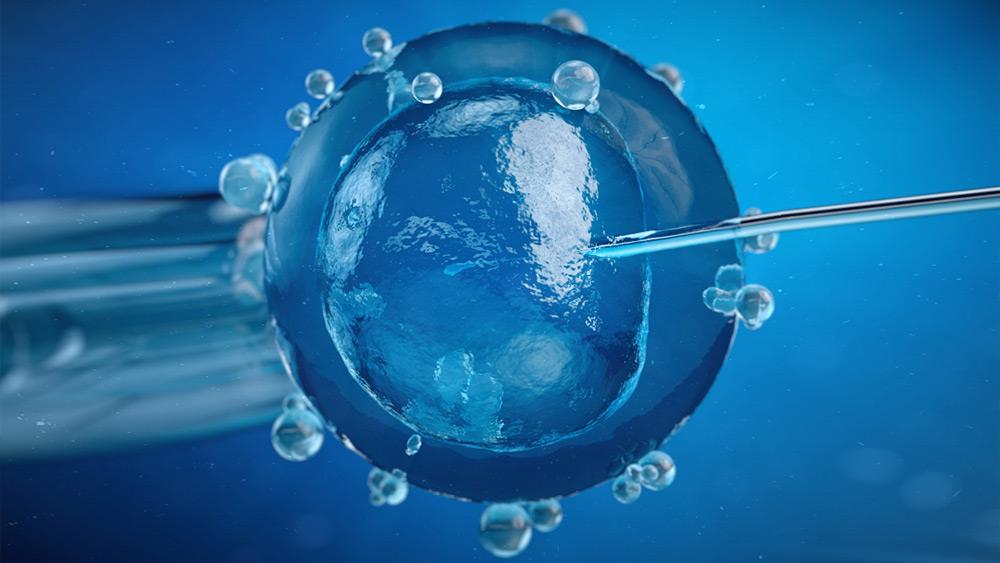Although in vitro fertilization (IVF) is a well-known option for infertile couples, intracytoplasmic sperm injection (ICSI) is becoming more and more popular—particularly when male factors are involved.
Many people are curious about how ICSI treatment operates, when it is advised, and how it differs from traditional IVF. Let’s examine the fundamentals, success rates, and reasons why ICSI may be a game-changer for cases of male infertility.
What Is the ICSI Procedure?
One healthy sperm is directly injected into the center of a mature egg using an advanced technique called intracytoplasmic sperm injection, or ICSI. A qualified embryologist carries out this procedure under a microscope.
As with regular IVF, the fertilized egg grows into an embryo, which is then placed into the woman’s uterus.
Steps in an ICSI cycle:
- Egg retrieval and ovarian stimulation (similar to IVF)
- Selection and preparation of sperm
- Each mature egg's cytoplasm is injected with a single sperm, and the embryos are cultivated and observed before to transfer.
- The uterus is where embryos are deposited.
- uterus
ICSI vs IVF: Key Differences
- IVF: In a lab dish, many sperm are positioned close to each egg. The egg must be naturally penetrated and fertilized by a sperm.
- ICSI: To solve issues when sperm cannot pass through the egg, a single sperm is chosen and manually inserted into the egg.
To put it briefly, ICSI is helpful when sperm struggle to swim, when semen levels are extremely low, or when sperm are unable to fertilize eggs for other reasons, even if they appear normal on the surface.
When Is ICSI Treatment Recommended?
Male infertility ICSI:
Couples with male factor infertility are most frequently advised to undergo ICSI, including:
- Oligospermia, or low sperm count
- Inadequate motility of sperm
- Sperm with an unusual form and a history of unsuccessful IVF fertilization
- Surgically extracted sperm (from the testis or epididymis)
- Obstructive azoospermia (testes contain sperm, but semen does not)
- Use after reversal of a vasectomy
ICSI does not significantly increase pregnancy rates or live births over traditional IVF in situations where male infertility is not evident.
IVF and ICSI outcomes (fertilization, embryo quality, live births) are comparable for couples without male factor problems, according to recent studies, and routine ICSI use is not required.
ICSI Success Rates vs IVF
- When male infertility is present, ICSI can greatly increase fertilization rates; in carefully chosen situations, these rates can frequently reach 60–70% every cycle.
- ICSI has about 30–35% average live birth rates for women under 35, which is on par with or somewhat better than IVF for male infertility patients.
- According to certain studies, the success rate of traditional IVF in achieving pregnancy and live births is really on par with or even higher than that of IVF in couples who do not have male factor infertility.
Couples should consult an experienced fertility specialist, such as Dr. Biplab Deb, who can recommend the most suitable method based on their sperm quality, medical history, and personal goals.
Benefits and Drawbacks of ICSI Treatment
Benefits:
- Resolves the majority of sperm-related reproductive problems
- Permits the use of sperm collected by biopsy or aspiration
- Enables men with extremely low, immotile, or aberrant sperm to undergo IVF.
- After unsuccessful IVF, it can be utilized.
Drawbacks:
- It costs more than IVF alone.
- ICSI is not better for couples without male infertility and is more technically demanding, requiring specialized lab personnel.
- Experts advise against using ICSI for every IVF cycle unless it is necessary.
- After unsuccessful IVF, it can be utilized.
Final Thoughts: Choosing ICSI vs IVF
ICSI is a significant development in assisted reproduction, particularly for male infertile couples. Research indicates that traditional IVF is equally effective for individuals with normal sperm parameters, and that ICSI interventions do not improve success rates or the number of healthy live births.
If you’re considering IVF or ICSI, speak to a trusted fertility expert. Dr. Biplab Deb’s IVF & Fertility Centre in Kolkata offers personalized fertility solutions tailored to your individual medical needs, ensuring your treatment plan provides the best possible chance for a healthy pregnancy and baby.


